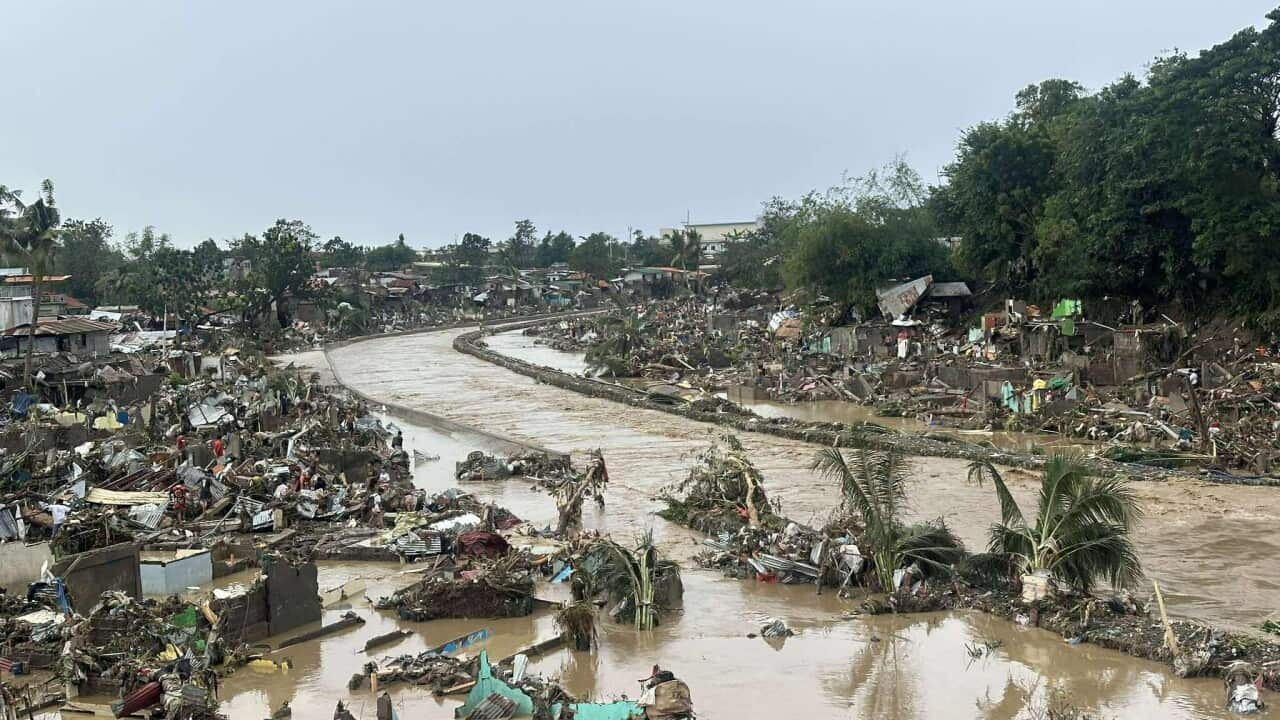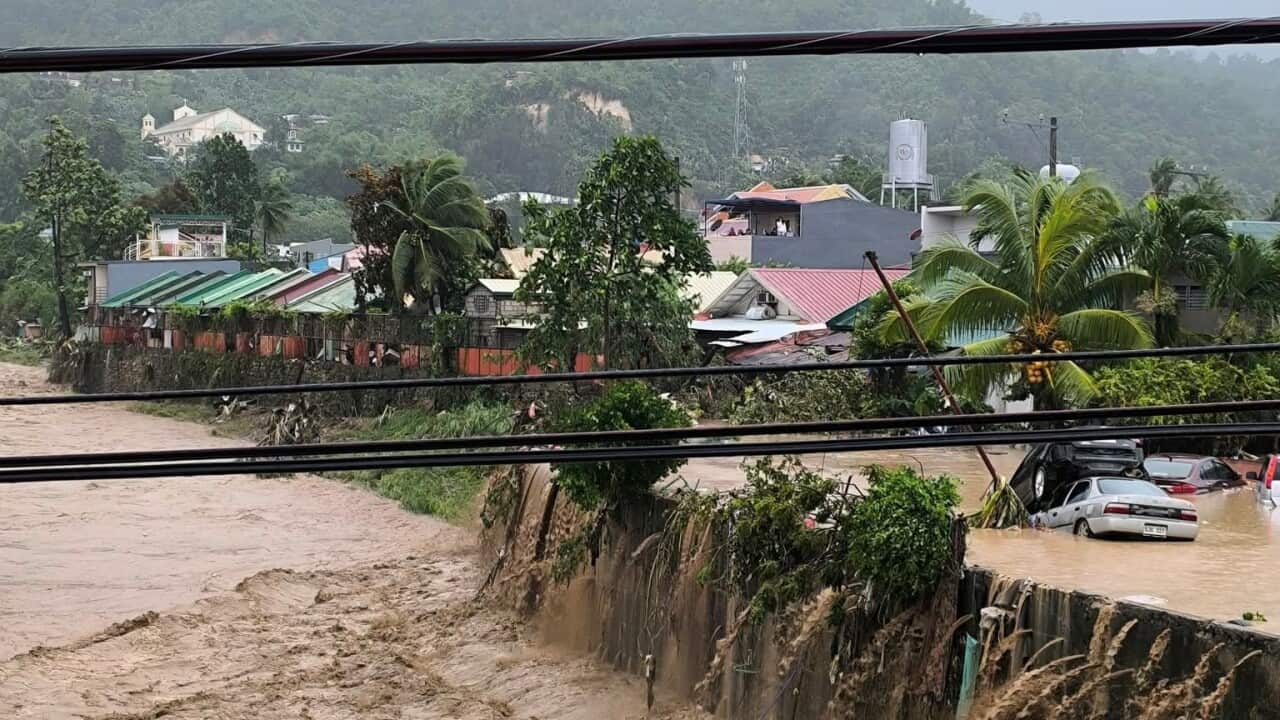"I think I definitely feel safer at home because there's not as many people here, it's just my partner and I, and you don't have to worry so much about touching a surface that someone else has touched or about having enough personal space around you. Obviously, at work, it's much different because you are dealing with so many people."
Lana Bogunovich works in an office building in Sydney's CBD. She says that after months of working from home, she was concerned about an increased risk of infection while commuting to work or sharing the workspace with her colleagues.
"When I returned to work, I was definitely more aware and more conscious about surfaces that I touch, about how close I stood to people. So, upon coming into work, there is a hand sanitisation station as you enter into the office, there is also a temperature checking machine as well, but in addition to that, I would also go to the bathroom and wash my hands as soon as I came into to the office off public transport, and that's not something that I normally used to do."
Highlights
- New research by Fantastic Services Group reveals that two in five Australians are concerned about cleanliness at their workplace.
- At the same time, more than a quarter have become anxious about germs since the start of the pandemic, while two-thirds are vigilant not to touch surfaces when away from home.
- Australians have changed their attitudes towards cleaning because of pandemic.
Rune Sovndahl, Fantastic Services Group CEO, says their research illustrates Australians' changing attitudes towards cleaning during the COVID-19 pandemic.
"Our research shows that it's actually quite a high number that are severely anxious of going back to work. Two in five Australians are concerned with cleanliness when returning to work, almost a quarter of Australians have become anxious. People are concerned about going out in public despite it being open again, and we all know that people weren't really afraid of going out in public before that."
Lana Bogunovich says that the challenges presented by COVID-19 made her reassess the meaning of safe work environment.
"Safe work environment in a time of COVID is having strict policies in place, having a tap on how many people are allowed in the meeting room at any one time. Also having ample personal space around me so that I'm not sitting right next to someone else, and also having access to hand sanitisation, and having sanitary wipes as well, especially because we do tend to share desks. And also, the temperature checking machine as well upon entering, I think that has also given me an added level of feeling safer."
New South Wales SafeWork Director of Health and Safe Design, Jim Kelly, says applying the COVIDSafe Plan's simple principles can help manage back-to-work anxiety.
"It's really important that we do continue to maintain a COVIDSafe business plan, it's really keeping things simple, it's about hand hygiene, ensuring that you wash your hands frequently when contacting surfaces that might be touched by a number of people, maintain physical distancing, particularly from the members of the public or costumers that we might be regularly in contact with, and making sure we report symptoms and get checked for COVID virus as soon as symptoms arrive."
Rune Sovndahl encourages employers to focus on minimising contact with high traffic surfaces like handles, taps and light switches.
"When there is a door that is always used, it may be worth investing in the new foot-handle, which means you can open it with your foot like in restaurants, so the idea of germ-proofing high traffic area can help people get back to work. There is a couple of things that just make people not just feel safe but be safe."
Besides providing staff with hand sanitisers, antibacterial wipes, and socially-distanced desks, Mr Sovndahl says many employers are investing in antiviral sanitisation, also known as fogging.
"We have a service called antiviral sanitisation, which is a fogging service, it's a spray, a system that evaporates the antiviral solution and it can go in every single crevice, we do this in kindergarten so it's safe, and we do this in schools, nurseries, so it's safe enough, but it's very good for offices as well, and especially if you've got high traffic area."
Due to Australia's effective COVID-19 response, SafeWork Director of Health and Safe Design, Jim Kelly says that deep cleaning services like fogging are only required in case of an outbreak at a workplace.
"Australia has done extremely well in managing the COVID-19 risk. At this stage, there is really no need to be doing anything out of the ordinary with your cleaning unless there is an outbreak, but assuming that the virus has not entered your workplace, there is absolutely no reason why you should change your normal cleaning protocols."
For more advice on how to minimise the risk of exposure to COVID-19 at your workplace, visit the SafeWork Australia website.




